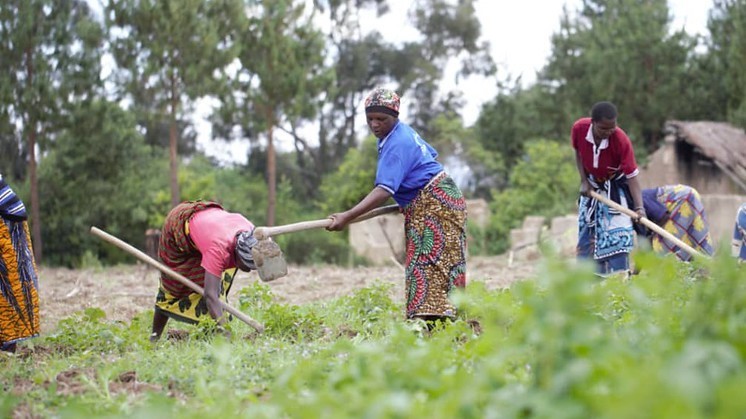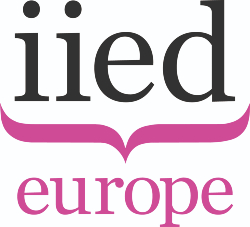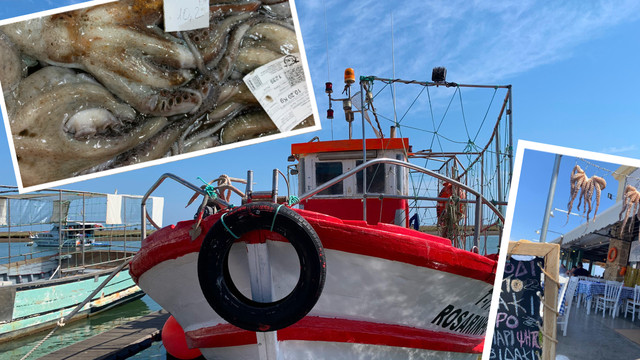New tracker paves the way for researchers to identify EU priorities from Majority World experts
Sign up to be first to access an innovative tool devised by IIED Europe that will enable experts to pinpoint the Majority World-determined priorities for European Union policies, research and funding.

Women looking after their land, Tanzania (Photos: Riaz Jahanpour for USAID/Digital Development Communications, via Flickr, CC BY 2.0)
 An innovative tool developed by IIED Europe to amplify the research priorities of sustainable development experts in the global South and North will launch in January 2023.
An innovative tool developed by IIED Europe to amplify the research priorities of sustainable development experts in the global South and North will launch in January 2023.
The tool – known as the IIED Europe Global Research Priority Tracker – aims to recognise the priorities and increase the impacts of European environment and development policies, research practices and funding in other parts of the world.
For European policymakers and problem-solvers to provide meaningful, lasting impacts as part of a connected global community, they must understand the environment and development opportunities and concerns of the Majority World.
Plans developed within Europe without due consideration of the expertise and opinions in the regions in which the research has an impact, risk imposing programmes in Majority World countries that are alien, out of context, hard to influence and unlikely to succeed. This is a challenge that no single research organisation or funder is able to tackle fairly and independently.
Over the past year, IIED Europe has carried out an ambitious horizon scanning project with experts from the Majority World to build a better understanding of how the European Union (EU) – its policies, institutions, enterprises and banks, and its countries and citizens – is influencing environmental and socio-economic development in Majority World countries in Asia, Africa and Latin America.
Global first
This IIED Europe research is a global first for Europe: it is the first time that a pool of experts largely from the Majority World have been asked for their opinion on priority research topics for the EU in a way that is methodologically robust.
Corrado Topi, senior policy advisor for IIED Europe and lead author of a forthcoming publication introducing the horizon scanning project, said: “This ground-breaking exercise proved successful at highlighting gaps between the current approach of European institutions and the needs of Majority World countries. It opens an important new avenue for identifying research priorities to support policy and decision-making.
“This tracker will help to maximise the benefits and reduce the negative externalities of EU policy on Majority World countries and support the building of a better two-way relationship between Europe and its institutions and Majority World countries.”
The exercise identified 230 research priorities from academics, researchers, policymakers and representatives from NGOs, communities and the private sector. The priorities, framed as questions:
- Indicate gaps in current and historic EU research
- Identify potential objectives for new research in all parts of the world, and
- Point to emerging challenges from Europe's global impacts that require more analysis.
Searchable database – to download and share
The result is a searchable database allowing direct access to the bank of priorities that can be searched, filtered and sorted by category, keyword or geographic region, so that users can explore the bigger picture or drill down into the detail. It will allow results to be configured so users can download a subset of the data they create and share it with others.
This is a key tool to support the exploration into sustainable development funding areas for European actors including policymakers, researchers, institutions and private sector to focus on in the future.
Alongside the database, IIED Europe will publish a working paper that introduces the aims and methodology of the horizon scanning project, presents the findings and indicates next steps. This will be published in IIED’s Publications Library in January 2023.
If you would like to know more about IIED Europe, access the tracker as soon as it is launched or be first to read the working paper, please complete the form below to receive more information via email.



